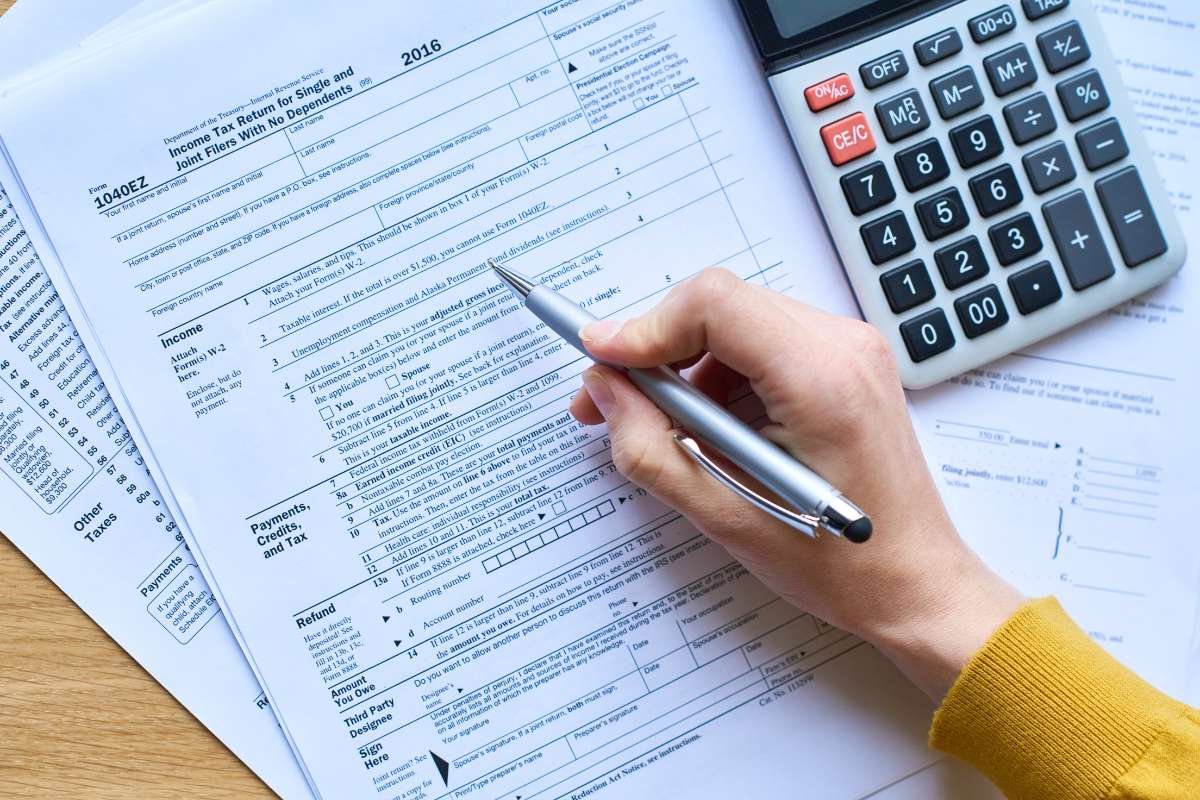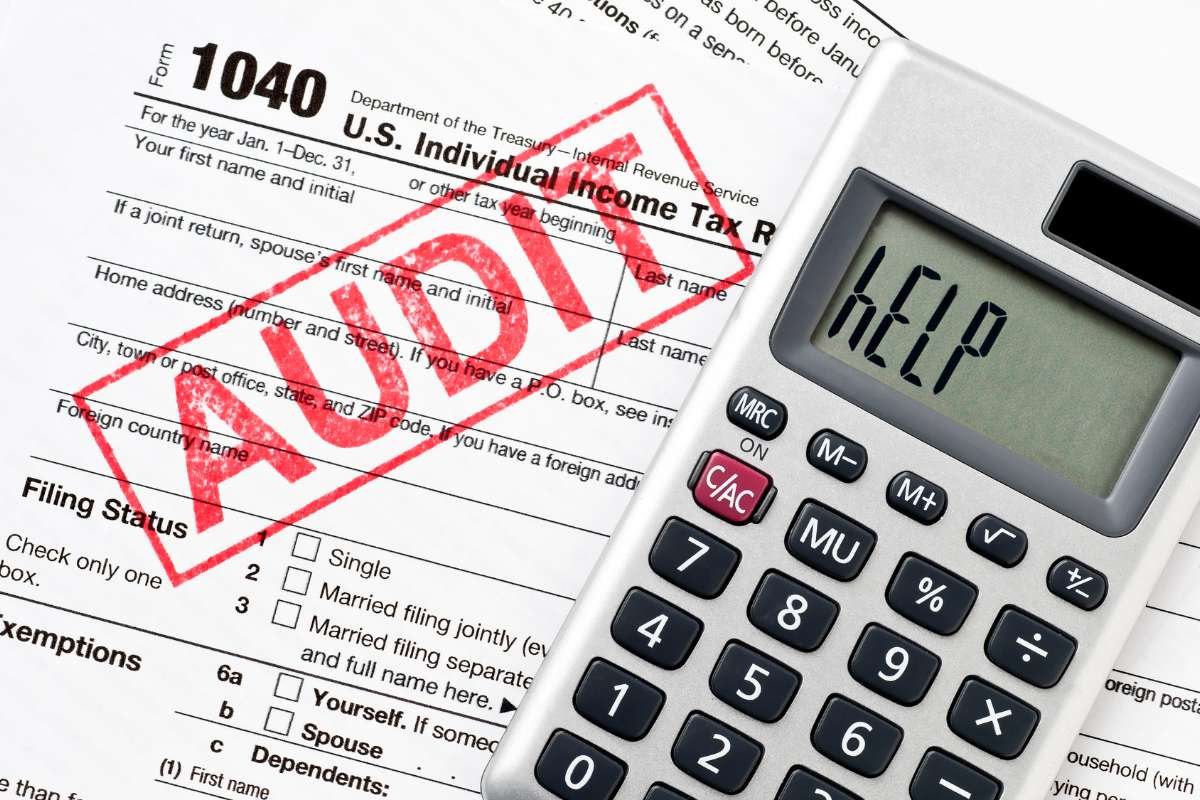The tax department doesn’t take kindly to mistakes, whether you intended to make them or not. Innocent errors, such as forgotten income or missed payments, can result in severe penalties. The good news is that when you’re aware of most income tax mistakes, you can be in a great position to avoid them. Keep reading to learn more and make the upcoming tax season a breeze to navigate.
Mistake #1: Not Relying On Experts
It can be tempting to organize and file your own taxes rather than hire a local tax accountant in Melbourne, Australia, or elsewhere in the world. After all, you can avoid paying their bill on top of a potential tax bill!
However, their bill can be minuscule compared to what you might face if you were to file late or incorrectly. What’s more, tax professionals can make you aware of the many tax advantages that can work in your favor.
Mistake #2: Filing Late

Missing the filing deadline and filing your taxes late is one of the significant income tax mistakes that can have serious repercussions. Unlike being late to a party, the IRS charges a ‘failure to file’ penalty, with that penalty determined by the type of tax return you file.
Individuals and businesses can expect a penalty of 5% of the tax due, less tax paid on time and your available credits. Avoiding a penalty can be as straightforward as hiring a tax professional to ensure you’re filing on time or requesting an extension.
Mistake #3: Not Reporting All Income
You might not think much of the small amounts of money you make through side gigs, investments, cryptocurrency, and freelance work. After all, if you have a primary job, you’ll be reporting this income to the government.
However, the government needs to know about all forms of income you make so they can tax you accordingly. Failure to report any additional income can trigger audits and penalties.
Mistake #4: Not Keeping Documentation

The IRS doesn’t have to take your word for it that you’ve earned a certain amount of money or had specific expenses. They want proof in the form of receipts and records. Failure to keep documentation can be problematic if the IRS decides to audit you. You must retain your records for a specified number of years, depending on your unique circumstances.
For example, the IRS advises you to keep records for seven years if you’ve claimed a loss from bad debt or worthless securities. If you don’t file a return or file a fraudulent return, you must keep records indefinitely.
Mistake #5: Overlooking Tax Advantages
Taxpayers in the United States can claim a range of tax benefits, like deductions, exclusions, credits, and shelters. While they can make filing your taxes a little more complicated, tax benefits can lower your taxes. If you need help claiming as many tax benefits as you’re eligible for, connect with a tax professional in your area.
Mistake #6: Missing Basic Information
.jpg)
Tax season can be overwhelming with so much paperwork to fill out. However, it’s crucial to take the time to check and double-check your information before filing your taxes. Incorrect or missing information, such as a wrong social security number or a misspelled name, can cause rejections and delays. Even forgetting to sign and date your return can result in a return being classed as invalid by the IRS.
Filing taxes can feel overwhelming, but accuracy is crucial. By avoiding common income tax mistakes like those discussed, you’ll be well on your way to a straightforward tax season.









